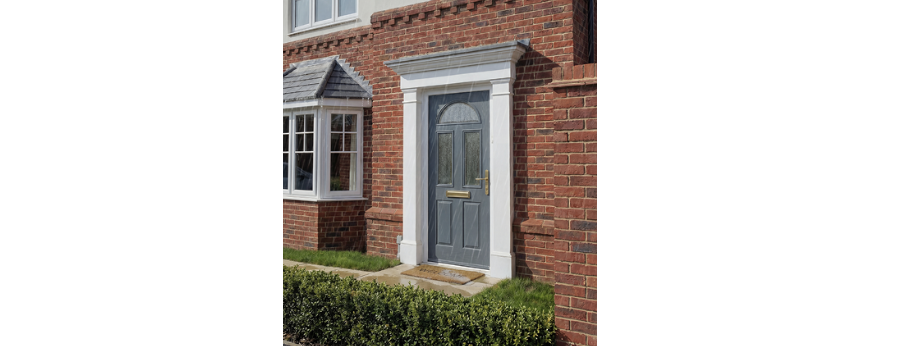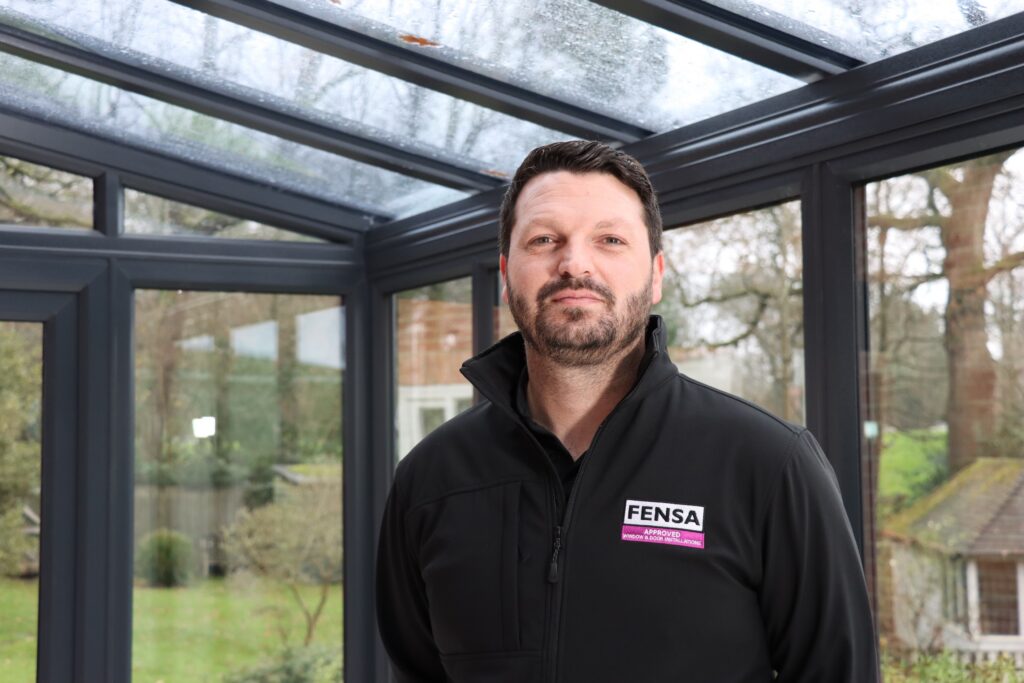The topic of sustainability continues to dominate the construction sector – but ultimately, is it the deciding factor for commercial housebuilders and developers when it comes to project delivery?
According to the participants of a recent roundtable, organised by PVC-U systems house Deceuninck, and chaired by its UK head of commercial and specification sales, Peter Dyer, sustainability is firmly on the agenda, but cost and delivery currently preside.
“Generally, when we’re approaching commercial clients with tenders, the first question we’re asked is ‘what are the options to value engineer and get the price down?’,” says Paul Moody, commercial director at Nottingham window and door manufacturer, Fastframe UK.
Cost aside, lead time is another “absolutely critical” element in winning work, as highlighted by Kerry Taylor, managing director at Hull-based modular building component manufacturer, CB Solutions:
“Lead time is huge for us at the moment,” she confirms. “Every question before price is, ‘how soon can you deliver?’.”
The roundtable participants confirm that while sustainability is a key “buzzword” commonly heard in the commercial space, its importance, in reality, is clearly secondary to delivery and cost.
But are things about to change? Anecdotal evidence from the participants suggests so, with reports of commercial clients increasingly requesting data to back up sustainability claims.
Shifting priorities
With sustainability set to reshape tender priorities, Deceuninck is poised to help developers and housebuilders deliver, while still meeting immediate cost and time pressures, as Peter Dyer explains:
“At Deceuninck, we’re looking at our strategy to make sure we’re future-proof. Sustainability will play a massive part going forward, and we’re ready for it,” he says.
With early stakeholder engagement a strong element of its commercial proposition, Deceuninck has invested heavily in next-generation performance – from weighted U-values of 1.2 for new build, to product strategies aligned with evolving regulation and consumer demand.
“Deceuninck has gone down the right route when it comes to sustainability,” says Paul Moody. “They’ve invested a lot into it, and that will pay dividends further down the line.”
By providing cost-effective, sustainably manufactured products – such as Elegant, its ultra energy-efficient tilt-and-turn window system – combined with a robust supply chain, Deceuninck ensures that its commercial clients’ needs are met now, as well as in the future.
Designed specifically for the commercial market, Elegant achieves U-values as low as 0.7W/m2K, exceeding current building regulations to future-proof commercial projects.
Ideally suited to medium to high rise applications, Elegant also requires less energy to recycle at end of life, forming part of a closed loop approach, in accordance with Deceuninck’s participation in the Science Based Targets (SBTi) carbon reduction scheme.
Gateway 2 and skills challenges
When it comes to achieving the Government’s target to build 1.5 million new homes in England over five years, the backlog of Gateway 2 applications, waiting to be approved by the Building Safety Regulator, is also identified by the roundtable participants as a significant stumbling block.
“We need Gateway 2 to release a few projects,” says Jay Patel, director at London-based fabricator, Everglade Windows. “And I hope I’m wrong, but I think there’s another problem coming eventually with Gateway 3.
“Just to give provide an example, we supplied a block of flats in London and handed over the building 12 months ago. They still have not had their Gateway 3 approval.”
When it comes to skills challenges, the roundtable participants agree that Modern Methods of Construction (MMC) will also be key to the viability of the Government’s ambitious housing pledge.
“MMC is obviously highly automated, so less skill is needed, which, in some instances, is a bit of a shame to see a lot of those traditional skills go out the window,” says Kerry Taylor.
“But we’ve got to meet demand. If we’re going to have a chance of hitting some of these numbers, then MMC is the way forward,” she adds.
With all these issues shaping the commercial construction landscape, Deceuninck’s approach of early engagement, technical expertise, and future-ready product development is crucial in the delivery of window and door products fit for the future.
“From sustainability to the skills shortage, we’re a partner who understands the pressures commercial developers and housebuilders face and we’re constantly evolving to help them respond, today as well as tomorrow,” concluded Peter Dyer.



